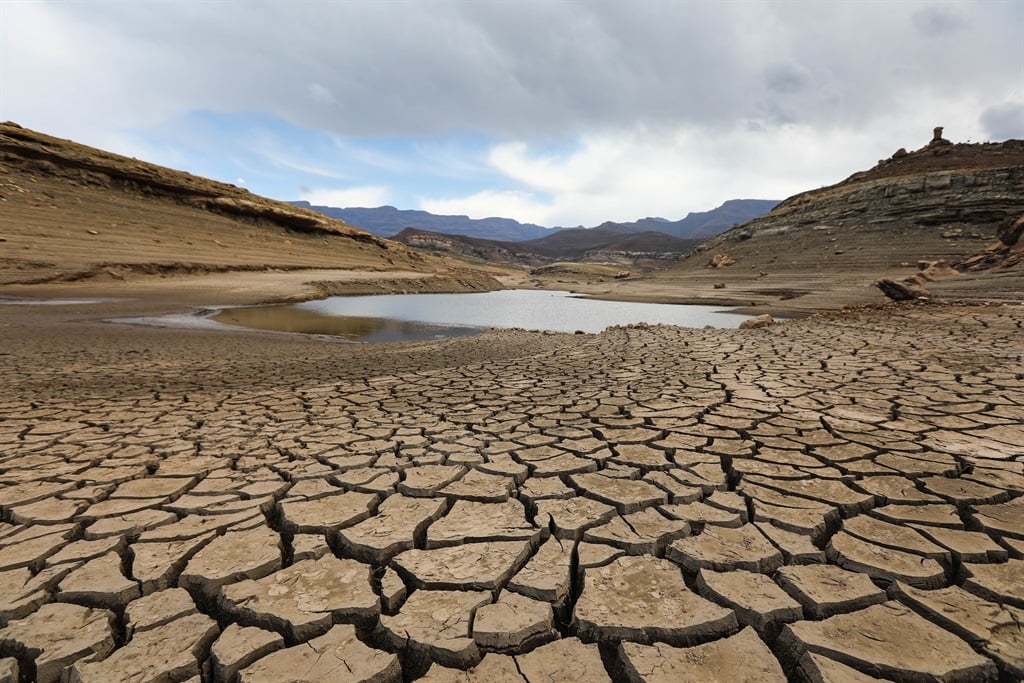
Water is essential for all life on earth, and as the world’s population continues to grow, the demand for water has increased exponentially. Unfortunately, this has led to a global water crisis that is threatening the very existence of our planet. But what many people don’t realize is that this water crisis is not just an environmental issue; it has the potential to become the next biggest conflict bound to destroy the world – a World War over water.
The reason for this is simple: water is a finite resource, and as the demand for it increases, so does the competition for it. Many countries are already facing severe water shortages, and as climate change exacerbates the problem, these shortages will only get worse.
In fact, some experts predict that by 2050, nearly half of the world’s population will be living in areas of high water stress. This means that there simply won’t be enough water to go around, and countries will be forced to compete for what little water is left.
Already, we are seeing the beginnings of this competition. The dispute between Egypt, Sudan, and Ethiopia over the Nile River is just one example. Egypt, which depends on the Nile for 90% of its water, fears that Ethiopia’s plans to build a massive dam on the river will significantly reduce the flow of water to Egypt. This has led to tensions between the two countries, and the possibility of military conflict cannot be ruled out.
Similarly, India and Pakistan have long-standing disputes over the Indus River, which flows through both countries. With water scarcity becoming a more pressing issue in both countries, tensions have risen, and the potential for conflict is always present.
But it’s not just developing countries that are at risk. Even developed countries like the United States are facing water shortages. The state of California, for example, has been facing a severe drought for years, which has led to competition for water between farmers, cities, and the environment.
The potential for conflict over water is clear, and it’s not something that can be ignored. We need to start taking action now to address the global water crisis before it’s too late.
This means investing in sustainable water management practices, such as water recycling and desalination, and reducing our overall water consumption. It also means addressing the root causes of the water crisis, such as climate change and unsustainable agricultural practices.
But most importantly, it means recognizing that water is a shared resource and that we all have a stake in its preservation. Only by working together can we prevent a World War over water and ensure a sustainable future for ourselves and generations to come.
The National Water and Sewerage Corporation (NWSC) can play a significant role in ensuring that Uganda is safe from the global water crisis by implementing a few measures which may include but are not limited to:
Water conservation techniques; NWSC can educate the public on water conservation techniques and promote the efficient use of water. This can include initiatives such as promoting the use of low-flow showerheads, fixing leaky pipes, and encouraging the reuse of greywater.
Diversifying water sources: the corporation can invest in alternative water sources, such as desalination and wastewater reuse. This can help to reduce the country’s dependence on freshwater sources that are already under stress.
Infrastructure development: though already on it, NWSC can continue to invest in the development of water infrastructure, such as dams and pipelines, to ensure that water is distributed efficiently and effectively across the country. This can also include the expansion of the sewerage treatment system across the country to ensure that wastewater is treated and reused.
Collaborating with other stakeholders: NWSC has invested in stakeholder engagement and can simply intensify working with other stakeholders, such as the government, non-governmental organizations, to develop a comprehensive water management plan that takes into account the needs of all stakeholders.
NWSC can also implement Climate Change Adaptation measures to mitigate the effects of climate change on water resources. This can include developing drought-resistant crops, and improving water storage facilities/reservoirs.


